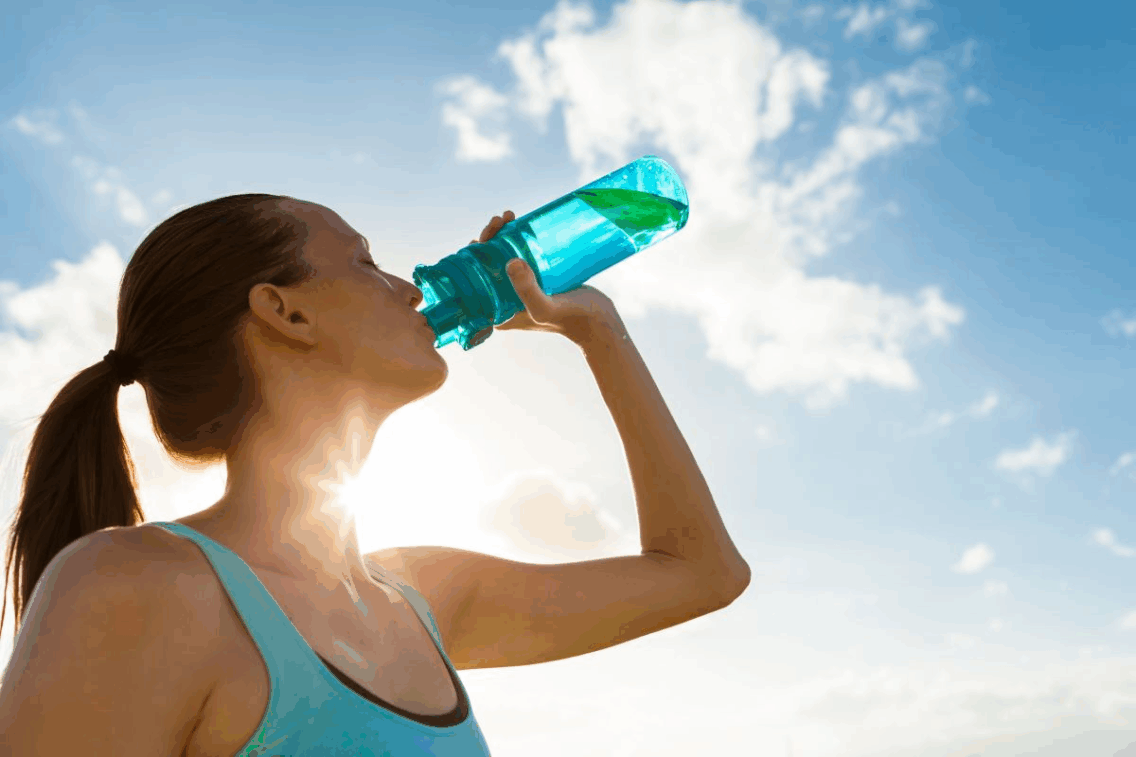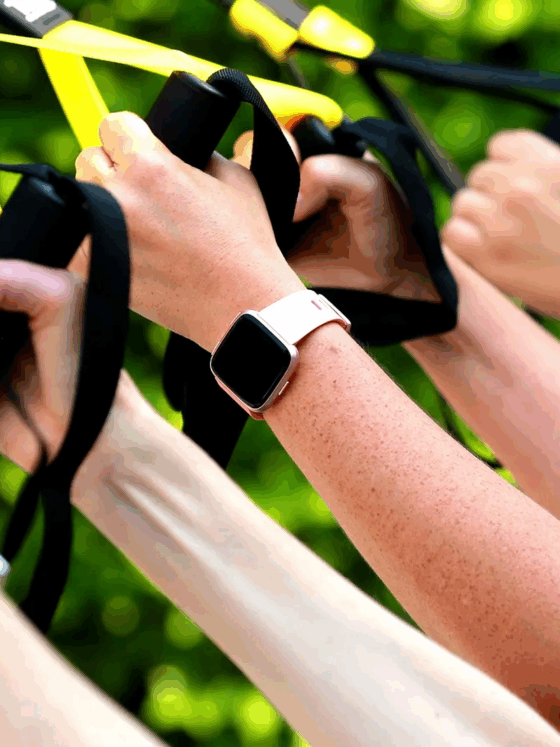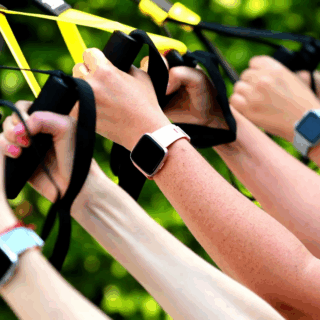The Importance of Hydration for Wellness: Why Water is the Real MVP of Your Health

When it comes to wellness, we often think about diet, sleep, exercise, or mental health practices like meditation. But there’s one essential element that people tend to overlook – hydration.
Yes, that simple glass of water might be more powerful than you think. From glowing skin and better digestion to improved focus and fewer headaches, staying hydrated plays a major role in keeping your body functioning at its best.
Let’s dive deep (no pun intended) into why hydration is so important for wellness and how it affects almost every part of your health.
💧 What is Hydration?
Hydration means having the right amount of fluid in your body so that all your systems – like your organs, muscles, and even your brain – can work properly. Your body is made up of about 60% water, and you lose water every day through sweat, breathing, and bathroom trips.
When you don’t replace that lost water, you can become dehydrated, which can affect how you feel, how you think, and how your body performs.
🧠 1. Brain Function and Mental Clarity
One of the first places dehydration hits? Your brain.
Even mild dehydration (just 1-2% loss of body water) can make you feel:
- Foggy-headed
- Tired
- Irritable
- Less focused
When you’re well-hydrated, your brain cells can communicate more clearly. This improves memory, mood, and concentration. If you ever feel a midday slump, try reaching for a glass of water before your third cup of coffee. You might be surprised at the difference it makes.
💪 2. Physical Performance and Energy
Whether you’re an athlete or just walking up the stairs, hydration affects how your body moves. Muscles need water to stay flexible, lubricated, and energized.
When you’re dehydrated, you may experience:
- Muscle cramps
- Fatigue
- Slower reaction times
- Reduced endurance
Water helps transport nutrients and oxygen to your cells, keeping your body energized and active. This is why staying hydrated is a non-negotiable part of any fitness routine.
💩 3. Digestion and Detoxification
Your digestive system relies heavily on water to process food properly and eliminate waste. Water helps:
- Break down food
- Absorb nutrients
- Prevent constipation
- Move waste through your intestines
If you often feel bloated, sluggish, or irregular, you might just need to drink more water. Plus, water supports kidney function, helping your body flush out toxins naturally.
💖 4. Heart Health and Blood Pressure
Your heart pumps blood, which is largely made of water. Dehydration makes your blood thicker and harder to pump, putting extra strain on your heart.
Proper hydration helps maintain:
- Healthy blood pressure
- A steady heart rate
- Circulation
For people with high blood pressure or heart issues, drinking enough water can be a simple but powerful wellness habit.
🌿 5. Healthy Skin and Appearance
Want glowing skin? Forget expensive creams and serums – start with water.
Hydration improves:
- Skin elasticity
- Smoothness
- Acne and breakouts
- That “dewy” look from the inside out
When you’re dehydrated, your skin may look dry, tight, or flaky. Drinking enough water daily helps your skin cells stay plump and healthy, giving you a more youthful and fresh appearance.
🧊 6. Temperature Regulation
Ever wonder how your body cools down when it’s hot? That’s right – sweat. And sweat is mostly water.
Your body uses water to:
- Regulate temperature
- Prevent overheating
- Keep you cool during exercise or hot weather
Without enough fluids, you can overheat quickly, especially during intense workouts or hot days. Staying hydrated helps you maintain balance and prevent heat-related illnesses.
🤒 7. Immune Function and Illness Recovery
When you’re sick, what do doctors always say? “Drink plenty of fluids.”
Water supports your immune system by:
- Helping produce lymph (a fluid that carries immune cells)
- Clearing toxins
- Loosening mucus during colds or infections
- Aiding faster recovery
Good hydration also helps prevent urinary tract infections, kidney stones, and can reduce the severity of symptoms when you’re under the weather.
🍽️ 8. Appetite and Weight Management
Sometimes, your body confuses thirst for hunger. This means you might eat when you actually just need a glass of water.
Drinking water before meals can:
- Reduce appetite
- Help you feel full
- Boost metabolism
- Support weight loss efforts naturally
Many people notice better portion control and fewer cravings once they start drinking water regularly throughout the day.
🕰️ How Much Water Do You Really Need?
There’s no one-size-fits-all answer, but a general rule is the “8×8 rule”: eight 8-ounce glasses a day (about 2 liters). However, your needs may vary depending on:
- Your age and weight
- Activity level
- Climate or weather
- Health conditions (e.g., fever, kidney problems)
Other tips:
- If you’re thirsty – drink.
- If your urine is dark yellow – drink more.
- If you’re sweating more – increase your water intake.
🍉 Hydration Isn’t Just Water
While plain water is best, you can also hydrate through:
- Herbal teas
- Fruits like watermelon, cucumber, and oranges
- Soups or broths
- Coconut water (in moderation)
- Low-sugar electrolyte drinks (especially if sweating heavily)
Avoid over-relying on sodas or energy drinks — they often dehydrate more than they hydrate.







